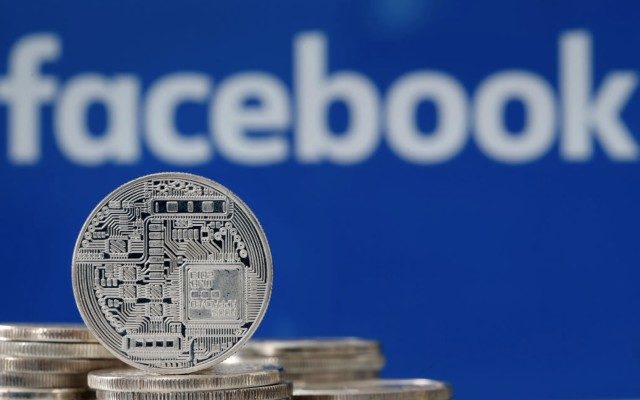Apple confirmed Tuesday it has halted online sales in Russia after the ruble plummeted to an all-time low against the dollar. And more tech companies could follow its lead, analysts say.
“Due to extreme fluctuations in the value of the ruble, our online store in Russia is currently unavailable while we review pricing,” Apple spokeswoman Kristin Huguet said in a statement. “We apologize to customers for any inconvenience.”
Russia’s ruble resumed its free fall Tuesday as oil prices — the country’s main source of revenue — continued to slide and an extraordinary move by the Russian Central Bank failed to halt the currency’s steady fall.
Apple’s announcement is another sign of the Russian currency’s turmoil. Last month, Apple increased the price of the iPhone 6 by 25% in Russia to deal with the ruble’s fluctuations.
“I would expect that a company like Apple, which tends to be fairly well tuned into political situations, would have been looking at the tea leaves and reading and saying, ‘Let’s maybe be very, very conservative and cautious about our plans in Russia,” said Forrester Research principal analyst Andrew Bartels.
“The bottom line is that right now this is a good time for any tech vendor to pull back, hunker down and wait for a better opportunity,” he said.
The online store is Apple’s main conduit to Russian consumers. While Apple sells smartphones and tablets through some Russian retailers and carriers, it doesn’t have any of its own stores in the country.
Sales in Russia are a small slice of Apple’s market for the iPhone 6 and 6 Plus, which were unfurled this year. Overall, iPhone sales in Russia doubled last year, to 1.57 million units, hauling in $1 billion, according to researcher IDC.
But Apple’s presence in the country is important because Russians aspire to Western technology and pop culture that Apple’s ecosystem represents, says Richard Doherty, research director of The Envisioneering Group.
By stopping sales in Russia for now, Apple is saying that “this currency is moving a little too fast for us,” he said. Other tech companies could follow suit, he says, among them Chinese computer maker Lenovo and Hewlett-Packard, which has had a plant in St. Petersburg. “I expect by the morning we are going to hear about other companies who have to do something similar,” Doherty said.
Global software development could also be affected, he says, because as many as one-tenth of the world’s programmers reside and work in Russia. “If the economy and the ruble have spooked Apple like this, you could probably see some changes in software schedules from music services, Uber-type companies and other companies,” he said.

















